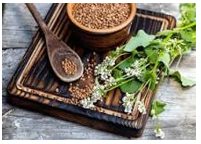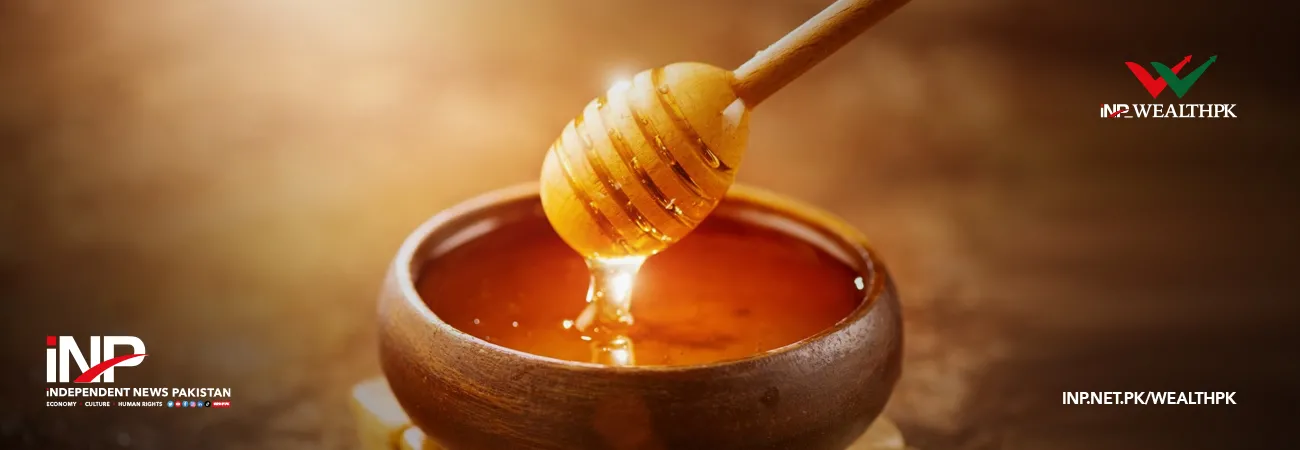INP-WealthPk
Faiza Tehseen
Large-sale cultivation of buckwheat in Pakistan can help cut its import bill, and exporting value-added products like buckwheat honey will fetch handsome profits for the country.

Highlighting the importance of buckwheat cultivation, Ghulamullah Saqib, Deputy Director of Gilgit-Baltistan Agriculture Department’s Skardu branch, told WealthPK that the commodity was grown extensively in GB. “It is high time for Pakistan to promote buckwheat production due to the growing demand for gluten-free products. The establishment of its value addition units is also important for extracting its true socioeconomic benefits.” He said buckwheat flourishes in Himalayan regions as it requires high temperature for seed generation and maturity. “It is cultivated in mid-July and harvested at the end of September. Seed generation takes place between 25⁰C to 35⁰C, and flowering occurs between 15⁰C to 20⁰C.” Saqib said that buckwheat was an annual herbaceous flowering plant, belonging to the knotweed family polygonaceae and mostly cultivated for grain-like seeds or as a cover crop. “It is not considered as a regular cereal grain. Usually, its seeds are used for flour. So, it is also called a pseudo cereal.” He said before grinding the seeds to produce flour, the coarse hull is removed.
“The buckwheat flour is used to prepare different dishes, including pancakes. The flour is gluten-free and people sensitive to it can use buckwheat flour. In the local market it is available at Rs1,000 per kg.” Sharing the benefits of buckwheat honey, he said that it was valuable due to its nutritional and medicinal benefits. “It is rich in antioxidants and essential nutrients. It boosts immunity and increases the energy levels. It reduces blood cholesterol levels and is also beneficial for people with low or high blood pressure. It is also used to cure the respiratory tract infections, cold and bad cough, and reduces the oxidative stress.”Saqib said promotion of buckwheat farming and establishment of its value addition units would help develop new value chains and business opportunities. Hazrat Khan, a honey farmer and trader from Baltistan, said, “I place the bee colonies near the buckwheat fields. During the period of flowering and harvesting, 100 to 150 colonies of honeybee produce at least 20 to 30 maunds of buckwheat honey, which is sold at Rs3,500 to Rs4,000 per kilogramme.”
He said gradually, people were becoming aware of the importance of buckwheat products, especially honey. He said that with the increased cultivation of buckwheat with the government support, more honey farming from it could be possible. “It is also possible that the increased production of buckwheat honey will enable farmers to export the excess quantity,” Khan said. The buckwheat market is projected to grow to $2.43 billion at a compound annual growth rate (CAGR) of 4.55% by the year 2034 from $1.57 billion in 2024. The buckwheat honey market is expected to grow to $1.9 billion at a CAGR of 8% by the end of 2033 from $900 million in 2023. “The government should encourage farmers to cultivate unconventional but valuable crops like buckwheat by providing them with subsidies and trainings for value addition, marketing and exports,” the farmer and trader from Baltistan said.
Credit: INP-WealthPk













